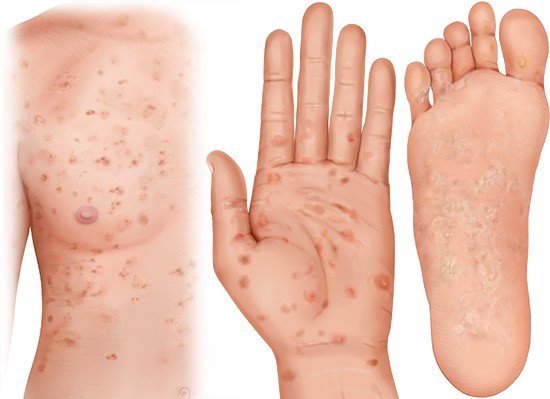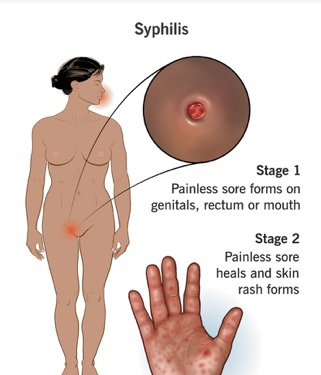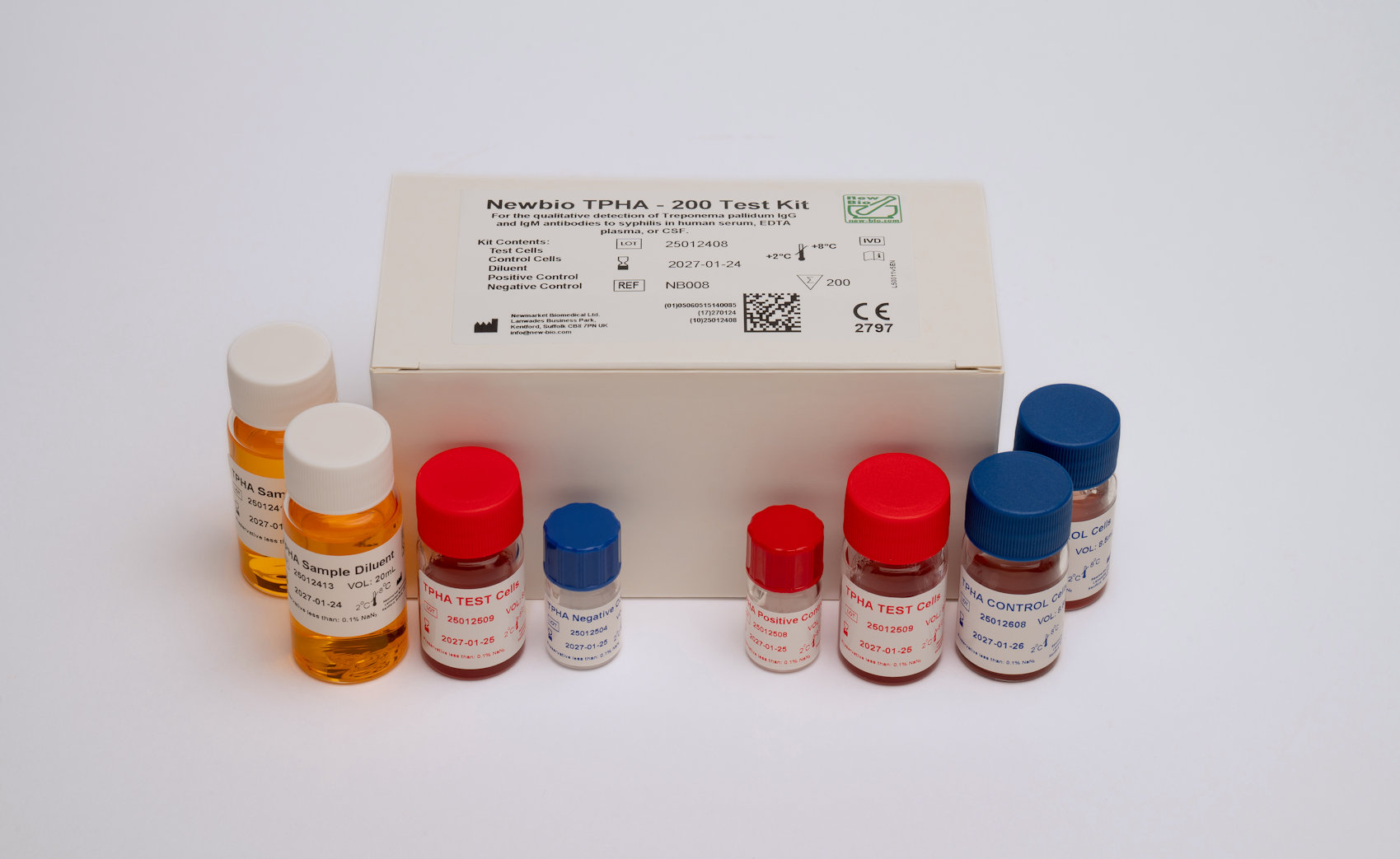


Date: 11 Nov 2025
Sexually transmitted diseases (STDs) remain a significant global public health concern, affecting millions each year. Among the most persistent and historically documented STDs is syphilis, a disease caused by the bacterium Treponema pallidum.
It progresses in stages, each presenting unique symptoms and requiring timely, guideline-directed treatment. The Centers for Disease Control and Prevention (CDC) provides comprehensive, regularly updated treatment protocols to manage this infection effectively.
Syphilis is a chronic, potentially life-threatening bacterial infection typically transmitted through sexual contact, including oral, vaginal, or anal sex. It can also be transmitted congenitally—from an infected mother to her baby during pregnancy or delivery.

Early detection of syphilis and other STDs is critical. Regular screening is recommended for sexually active individuals, especially those with multiple partners or who are pregnant. Untreated syphilis can lead to irreversible complications affecting the brain, heart, and other vital organs.

While antibiotics are prescription-based and must be administered under medical supervision, pharmacies can support STD management with helpful products:
Available at Pharmily and other local pharmacies, condoms reduce the risk of syphilis transmission when used consistently and correctly.
Products like FemFresh Intimate Wash help maintain genital hygiene and reduce irritation, supporting a healthier environment that may deter infection.
Home-use syphilis test kits (if approved by local regulatory bodies) offer a discreet method of initial screening and can prompt timely medical intervention.
Syphilis continues to pose a serious health risk, but with early detection, appropriate treatment, and preventive strategies, its impact can be significantly minimized.
The CDC’s treatment guidelines provide a solid foundation for clinical care, while pharmacies offer essential support in prevention and post-treatment care.
Empowering individuals with knowledge, access to healthcare, and preventive tools is the most effective way to curb the spread of syphilis and other STDs.
1. How is syphilis transmitted and who is most at risk?
Syphilis is primarily transmitted through sexual contact with an infected person, including vaginal, anal, or oral sex. It can also be passed from an infected mother to her baby during pregnancy or childbirth.
2. Can syphilis be cured completely?
Yes. Syphilis can be completely cured with the correct antibiotics, most commonly Benzathine Penicillin G, as recommended by the CDC. However, while treatment eliminates the infection, it cannot reverse damage already caused in the late stages, underscoring the importance of early detection.
3. What are the early warning signs of syphilis?
The first sign of syphilis is typically a painless sore (chancre) on the genitals, anus, or mouth, followed by rashes on the palms or soles, fever, or swollen lymph nodes. These symptoms may disappear without treatment but the infection remains in the body, progressing silently.
4. How can syphilis and other STDs be prevented?
Prevention includes consistent condom use, routine STD testing, and honest communication with partners about sexual health.